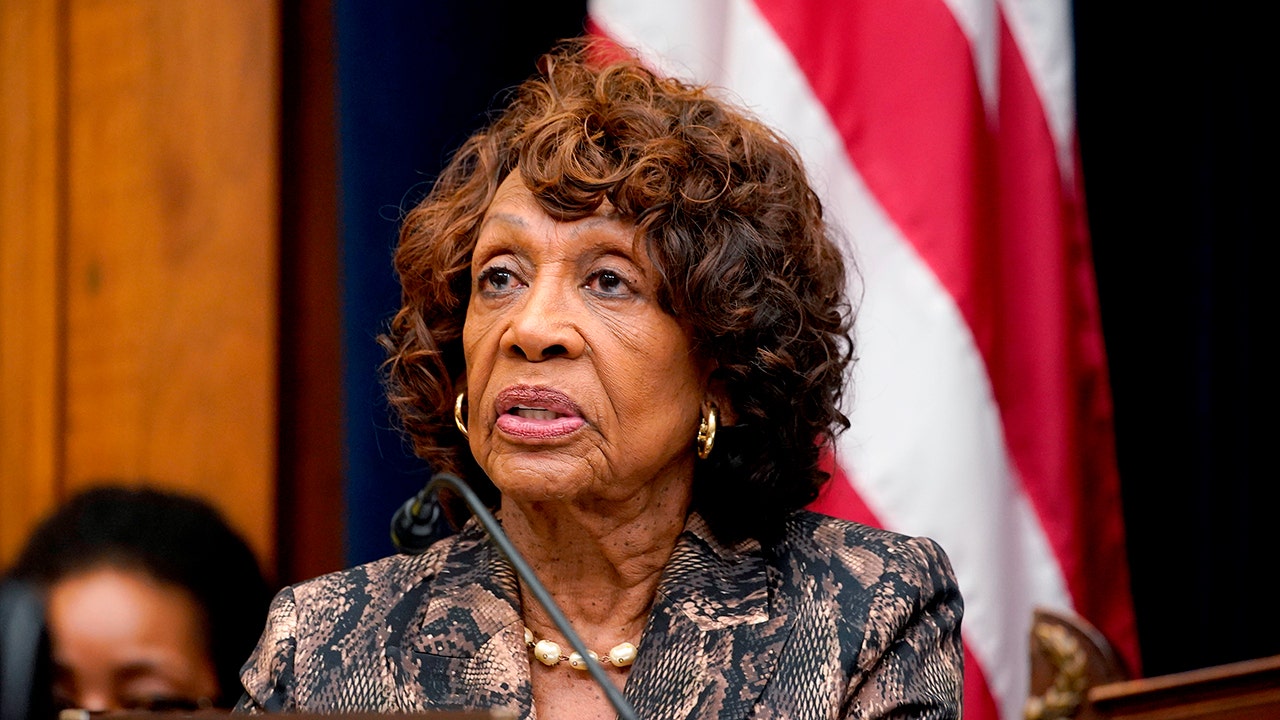House Democrats storm out of cryptocurrency hearing, alleging Trump ‘corruption’

House Democrats, under the leadership of Representative Maxine Waters from California, made a bold statement by walking out of a joint hearing of the Agriculture and Financial Services committees. Rather than participate in the scheduled hearing, the lawmakers decided to conduct their own session focusing on allegations regarding President Donald Trump and his family’s involvement in the cryptocurrency industry.
In response to Ranking Member Waters’ objection to the hearing, House Financial Services Committee Chairman Representative French Hill from Arkansas issued a statement. He emphasized that Committee Republicans on Financial Services and the House Committee on Agriculture remain committed to collaborating with legislators from both parties who are dedicated to establishing a comprehensive framework that safeguards Americans, fosters innovation, and reestablishes the United States as a leader in the digital asset space.
The decision by House Democrats to walk out of the joint hearing underscores the contentious nature of the discussions surrounding cryptocurrency regulation and oversight. With the rise of digital assets and blockchain technology, policymakers are grappling with how best to regulate this rapidly evolving industry while ensuring consumer protection and fostering innovation.
As this story continues to develop, it is important to stay informed about the latest updates and developments in the cryptocurrency space. Check back for further updates on this ongoing issue.




